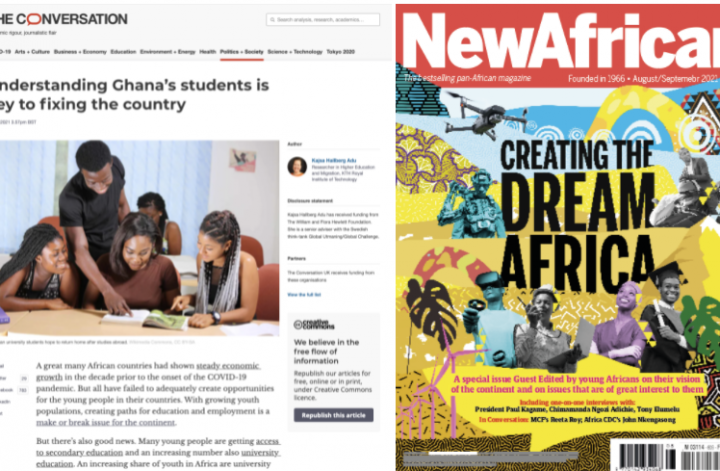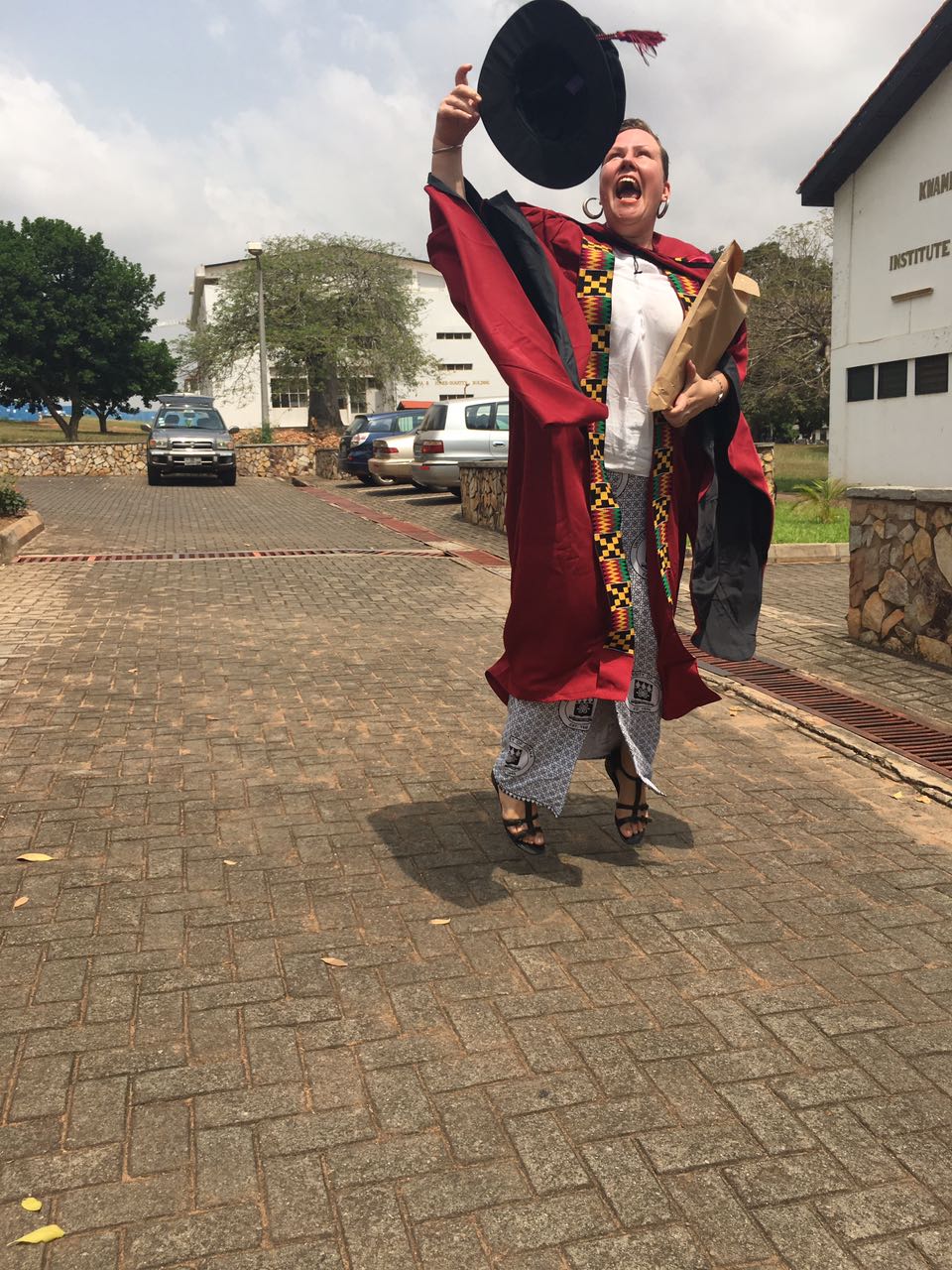Recently, I came across marketing guru Seth Godin’s interactive list on how to build a tribe. That is how to create a group or a network or even a MOVEMENT that works and to build community between people. Mr Godin even wrote a book on his concept of Tribes (and at one point was ranked by technocrati as the world’s no 1 blogger), but I think the (free) resource discussed here covers the vitals.
This list (built on social media tool squidoo) is a resource that provides inspiration and ideas and make me think of how to take organizations and networks that I am currently a member of (like GhanaBlogging, IAS Graduate Students Network, FabFem etc.) forward.
My favorite items on the list are:
Listen Carefully
As well as speaking have a strong ear for what the group is saying. Trust that the tribe knows what it needs to grow.
Invent rituals
Summer camps do it. So does organized religion. Great corporations have their own lingo, their own culture. How you speak and the totems and daily rituals build connection.
Give Peoples’ Lives Meaning
Have tribal goals that enrich peoples’ lives and give them more meaning
Create a manifesto.
Your tribe already exists… it just hasn’t been defined yet.
So create a manifesto. Give voice to the frustrations of your tribe members. If you strike the right tone – if they feel you can relate to them – this manifesto will be the viral tool that gets your tribe members to raise their hands and say “I am.”
How would you build a tribe?











